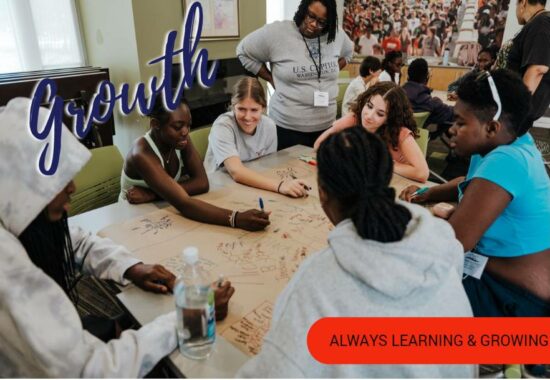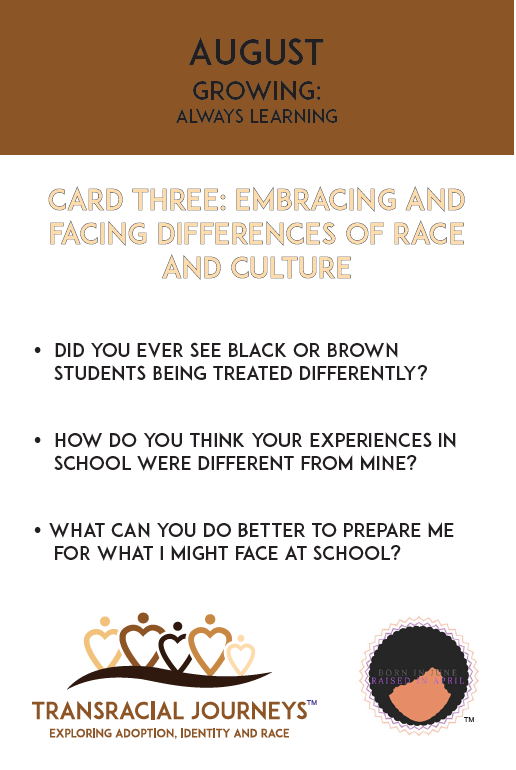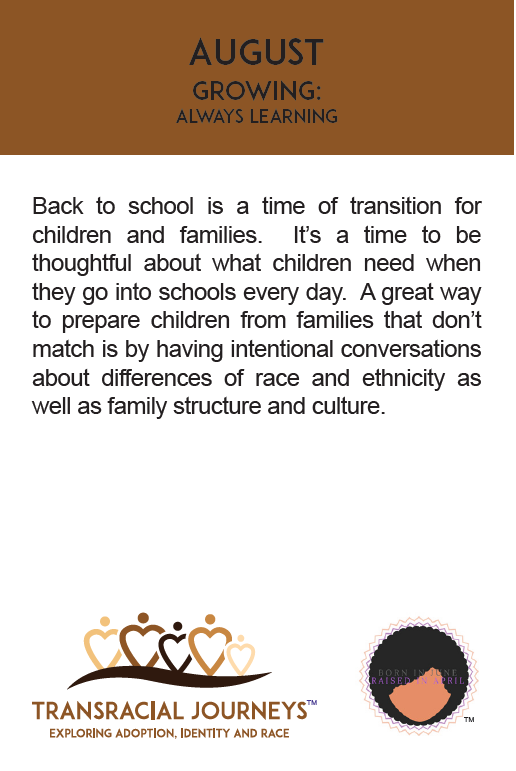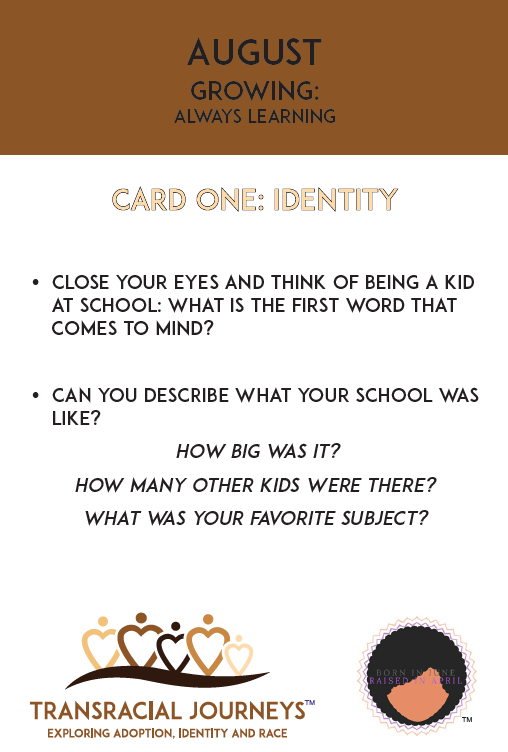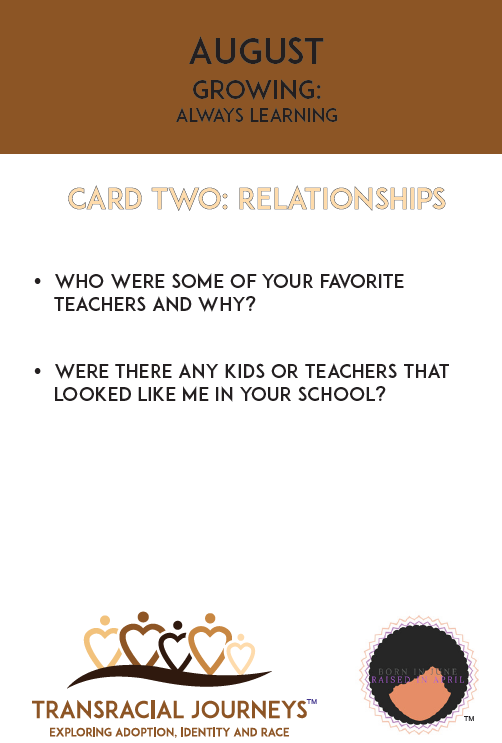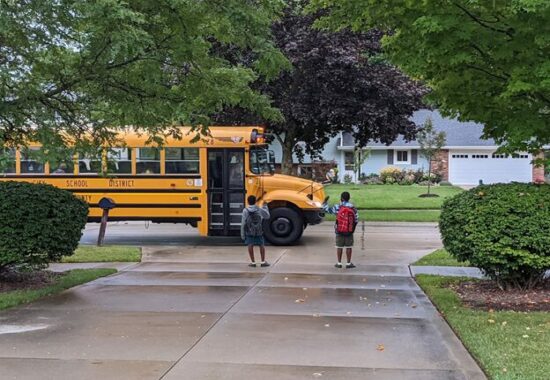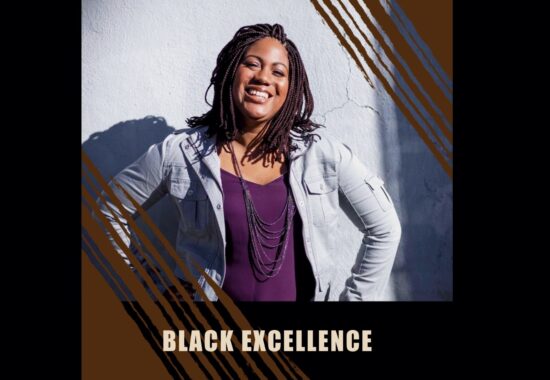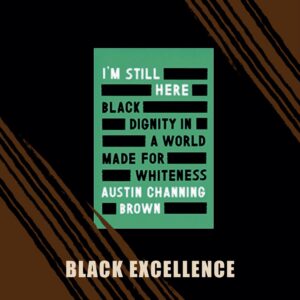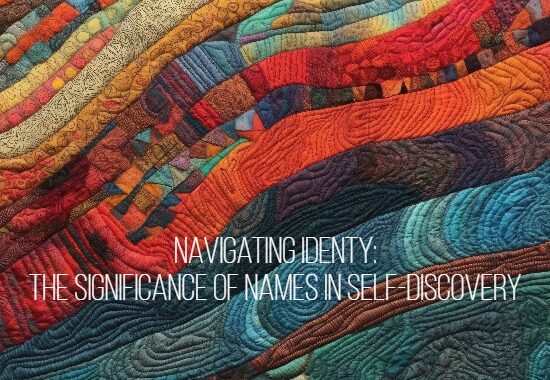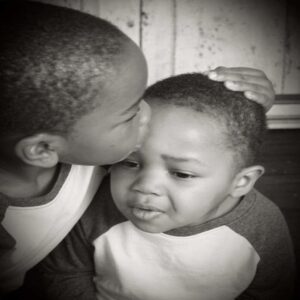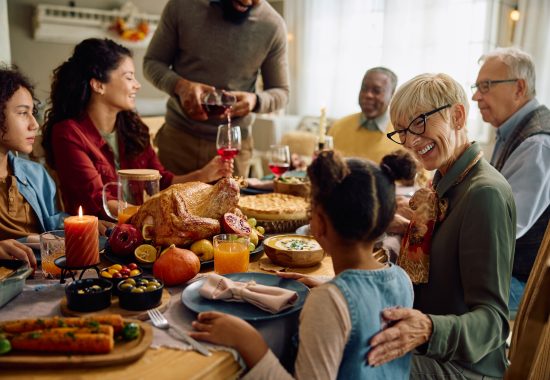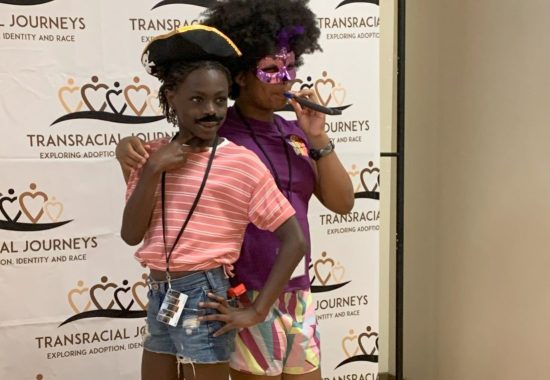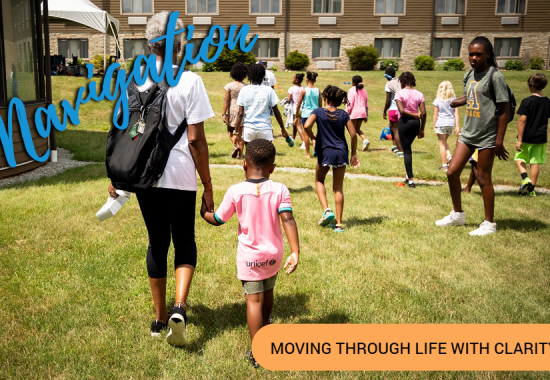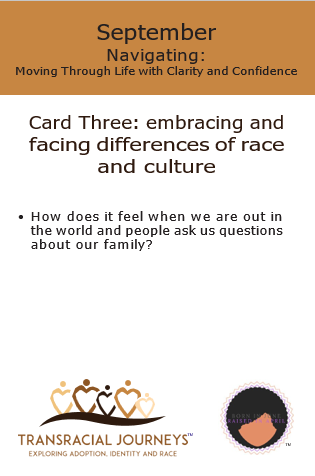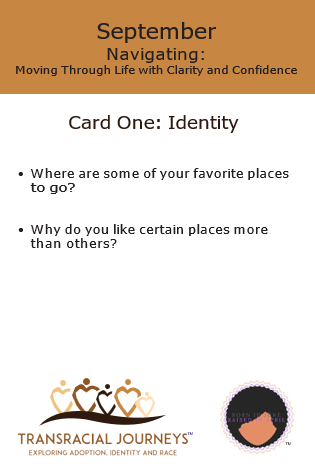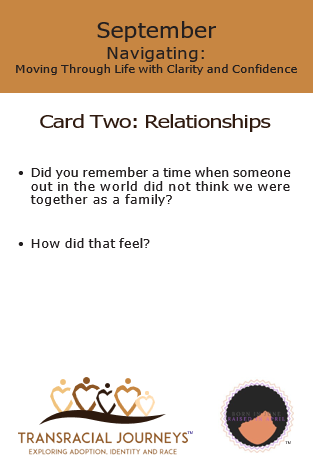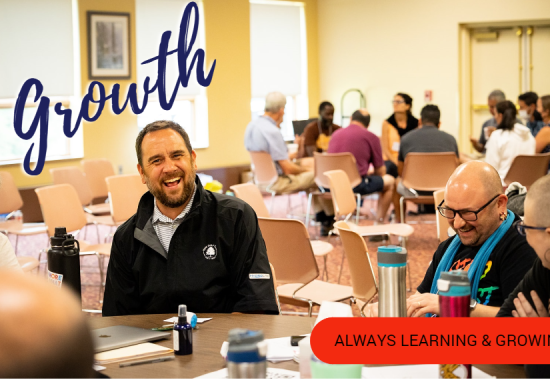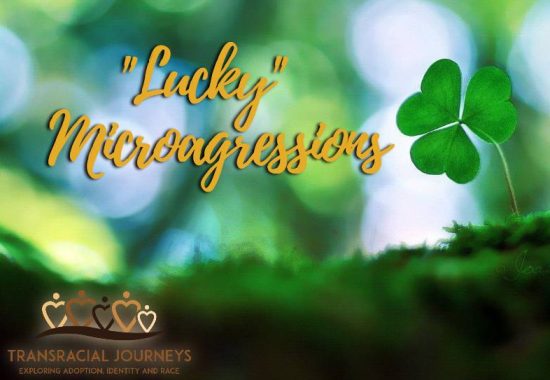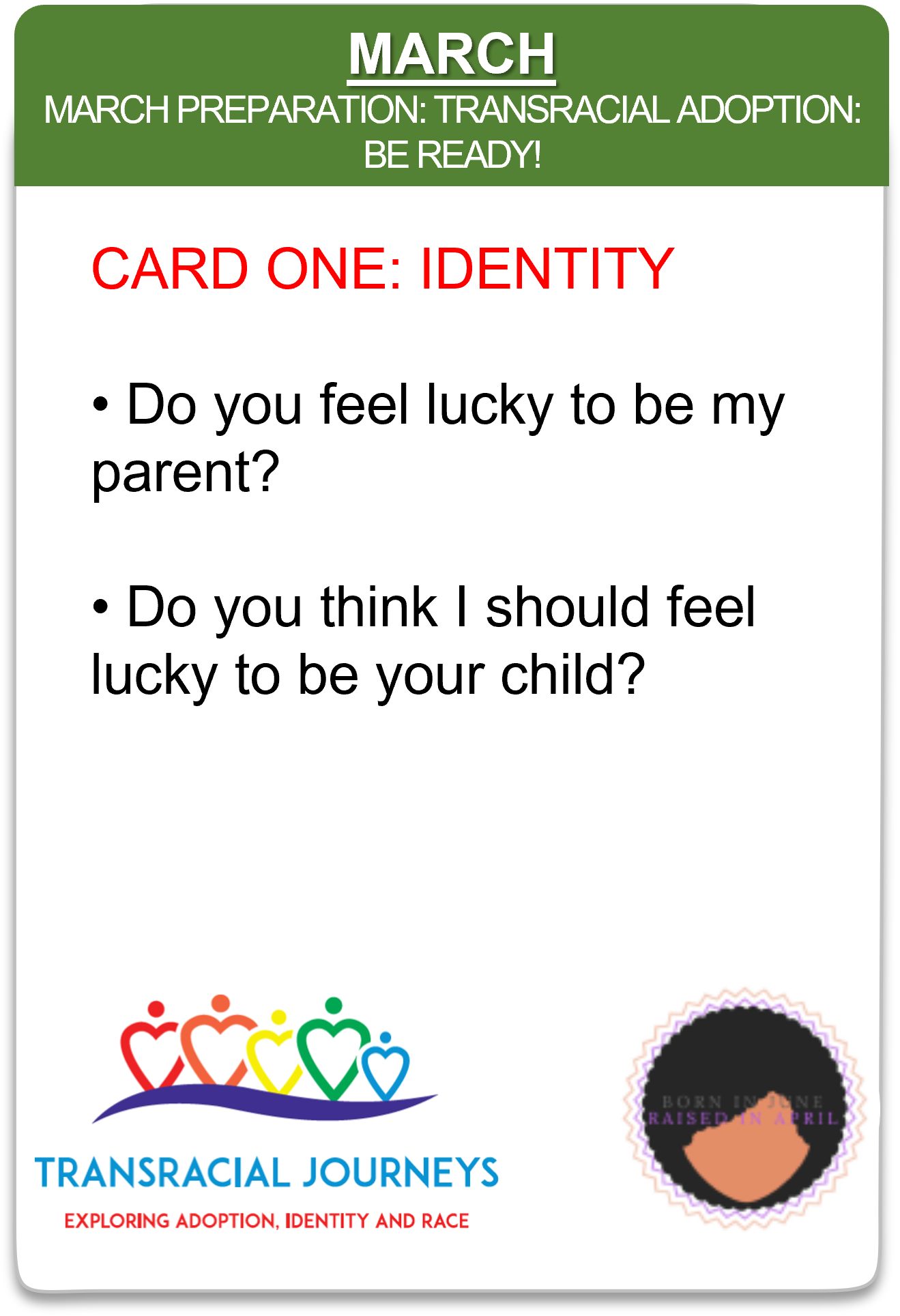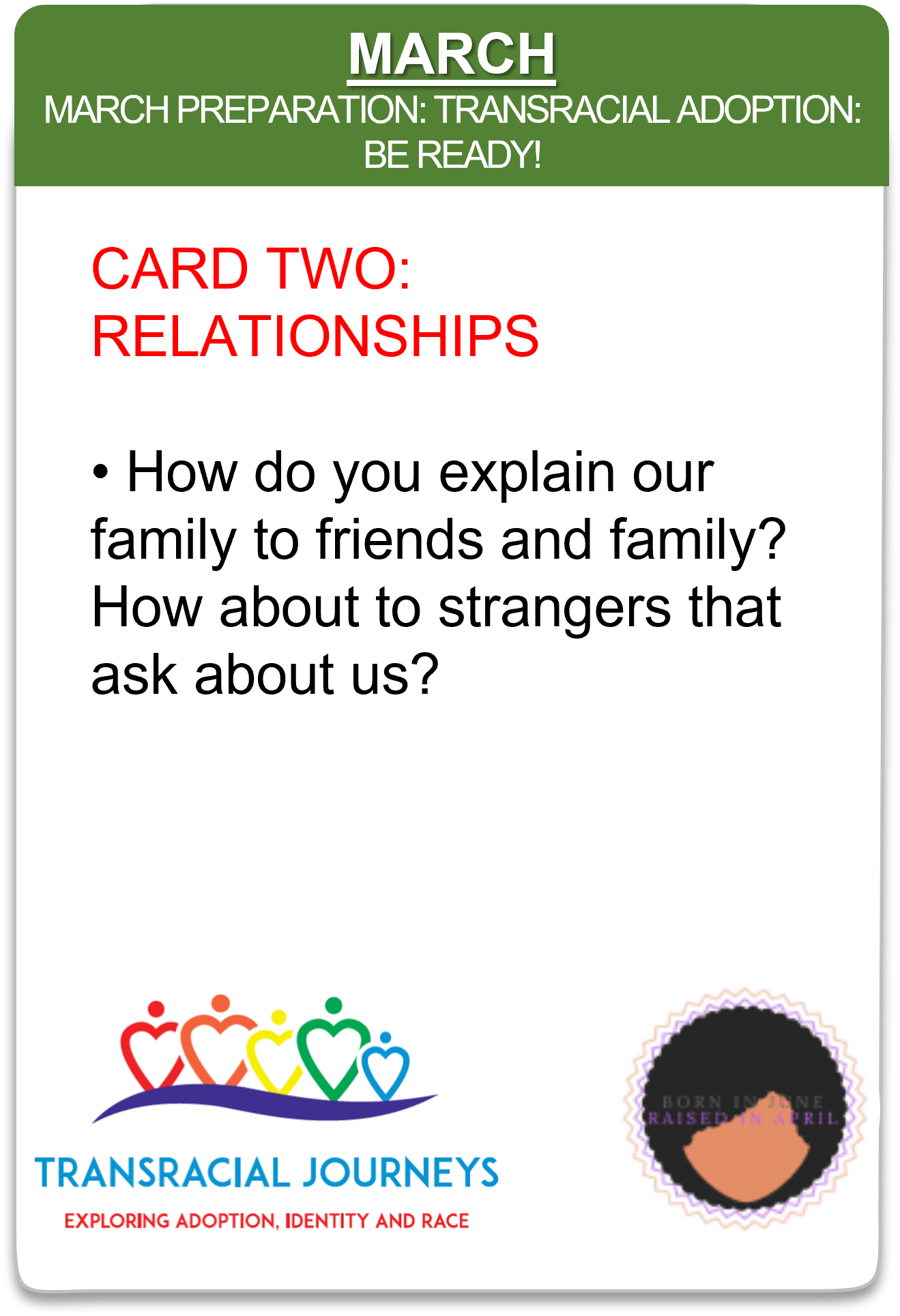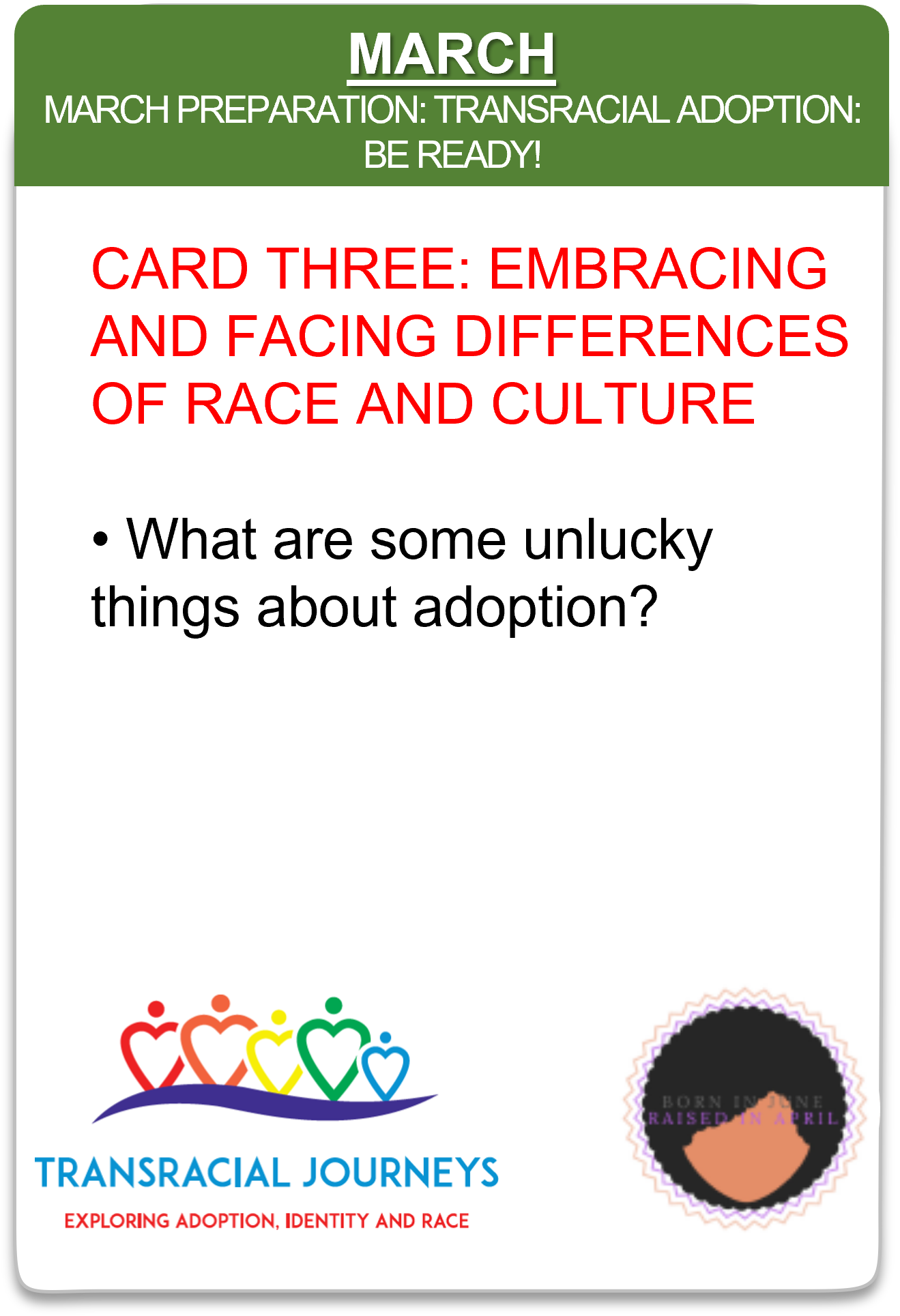Back to school is a time of transition for children and families. It’s a time to be thoughtful about what children need when they go into schools every day. A great way to prepare children from families that don’t match is by having intentional conversations about differences of race and ethnicity as well as family structure and culture. Read "Back-to-School," this month's reflection by K. Bean, for more on intentional conversations about adoption and race during this time of year.
August Pro-Tip to Foster Conversations About Transracial Adoptions
Transracial Journeys invites your family to experience the calendar in a whole new way. With the help of the June-in-April Calendar Conversation Cards, each month your family is invited to use the cards as a tool for more regular and intentional conversations about identity, family relationships, and differences of race and culture.
Each month has four cards with conversation starters. The prompts and questions are designed to spark reflection and ongoing dialogue within your family as well as with extended family and friends. There is no prescriptive way to use the cards, sometimes parents or grown-ups can take the lead and ask the questions and other times, children can go first.
August Pro-Tip for Parents: Back to school is a time of transition for children and families. It’s a time to be thoughtful about what children need when they go into schools every day. A great way to prepare children from families that don’t match is by having intentional conversations about differences of race and ethnicity as well as family structure and culture.
CARD ONE: IDENTITY
Close your eyes and think of being a kid at school: What is the first word that comes to mind?
• Can you describe what your school was like?
- How big was it?
- How many other kids were there?
• What was your favorite subject?
CARD TWO: RELATIONSHIPS
• Who were some of your favorite teachers and why?
• Were there any kids or teachers who looked like me in your school?
• Were there any kids or teachers that were a different race than you?
CARD THREE: EMBRACING AND FACING DIFFERENCES OF RACE AND CULTURE
• Did you ever see black or brown students being treated differently?
• How do you think your experiences in school were different from mine?
• What can you do better to prepare me for what I might face at school?
This post is from our August 2024 newsletter. If you would like to get our newsletter in your inbox each month, please subscribe. You will get invitations to our Parent Meet-Up each month, a virtual meeting to act as a transracial adoption support group - sharing issues, ideas and strategies for creating a culture of communication and curiosity in your home, as well as monthly card prompt to keep the conversations about race, adoption, family, love and relationships front and center all year long. And lastly, you'll always be made aware of important dates for Transracial Journeys Family Camp!

